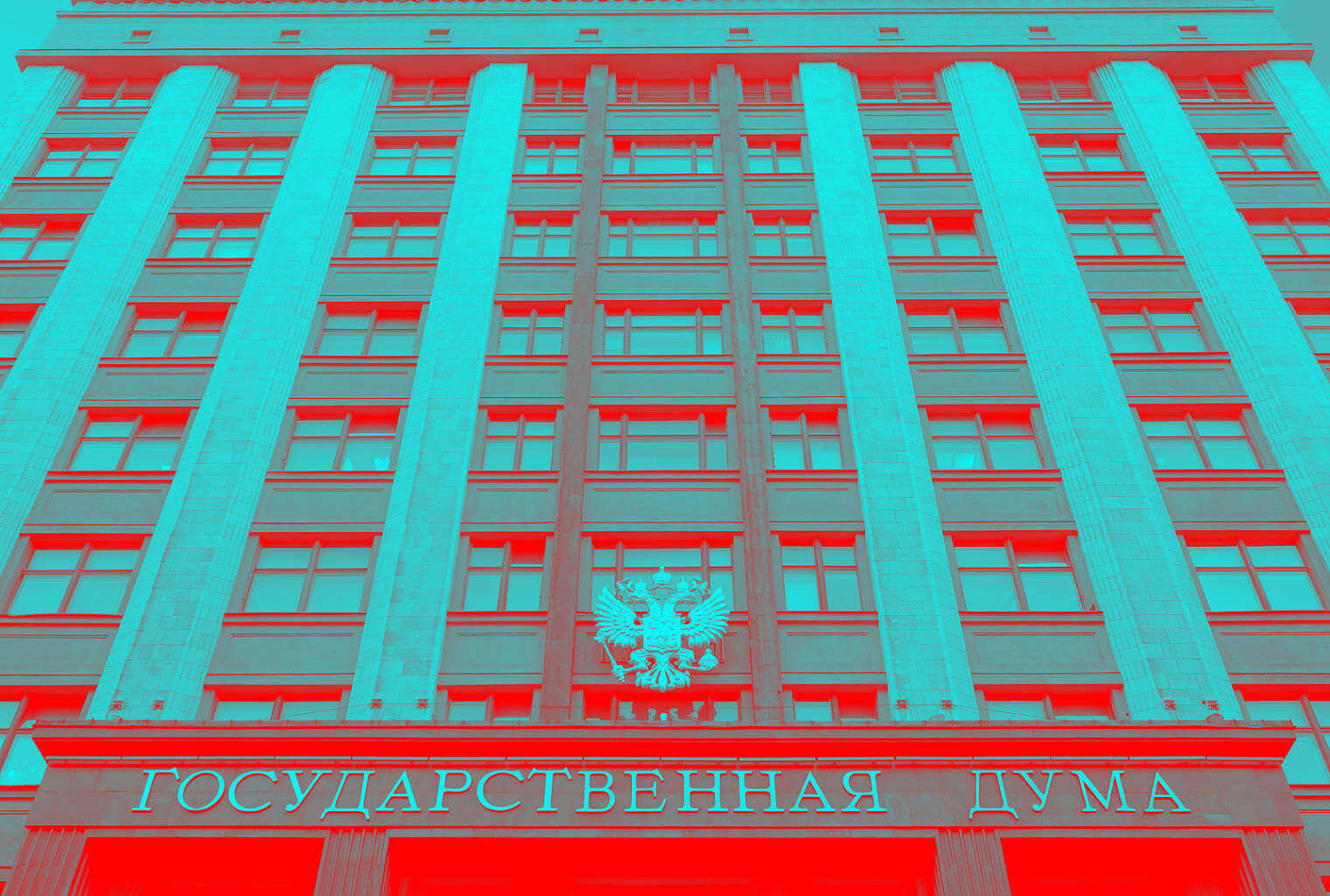Through the looking glass: For Russian President Vladimir Putin, the "free internet" and "sovereign internet" concepts aren't mutually exclusive. The country recently performed several successful tests that simulated how it would respond in case of a foreign cyber attack.
News broke in February that Russia was planning to disconnect itself from the Internet to see what would happen in case of foreign aggression. To that end, the Russian government had to pass a law requiring internet service providers to make it possible to inspect all outbound traffic and maintain an isolated intranet dubbed RuNet if necessary.
This week, the country performed a series of unprecedented tests to simulate the conditions of a foreign cyber attack and its ability to keep its internal infrastructure operational while blocking all inbound and outbound traffic. The tests started last week and involved state-run institutions, as well as telecom providers and internet companies.
Deputy communications minister Alexei Sokolov told reporters "it turned out that, in general, that both authorities and telecom operators are ready to effectively respond to possible risks and threats and ensure the functioning of the Internet and the unified telecommunication network in Russia."

Russia sees the creation of a "sovereign internet" as a necessary move in the context of ever-increasing social media influence and cyber attacks. Not much is known about the specifics of the tests, but a total of 18 attack scenarios were simulated to determine if federal and commercial telecom operators can effectively separate Russia from the Internet while still allowing access to local services using a DNS cache.
While country officials may present these efforts as purely defensive in nature, it's not hard to imagine they could be used as an excuse for different motives. Some speculate that Russia wants to tighten surveillance and censorship in a similar fashion to China, on top of requiring all smartphones to come with Russian software pre-installed.
The results will be presented to President Vladimir Putin next year, and the RuNet system is supposed to become fully operational in 2021.
In related news, the Russian government is planning to invest $31 million to create its own Wikipedia.
